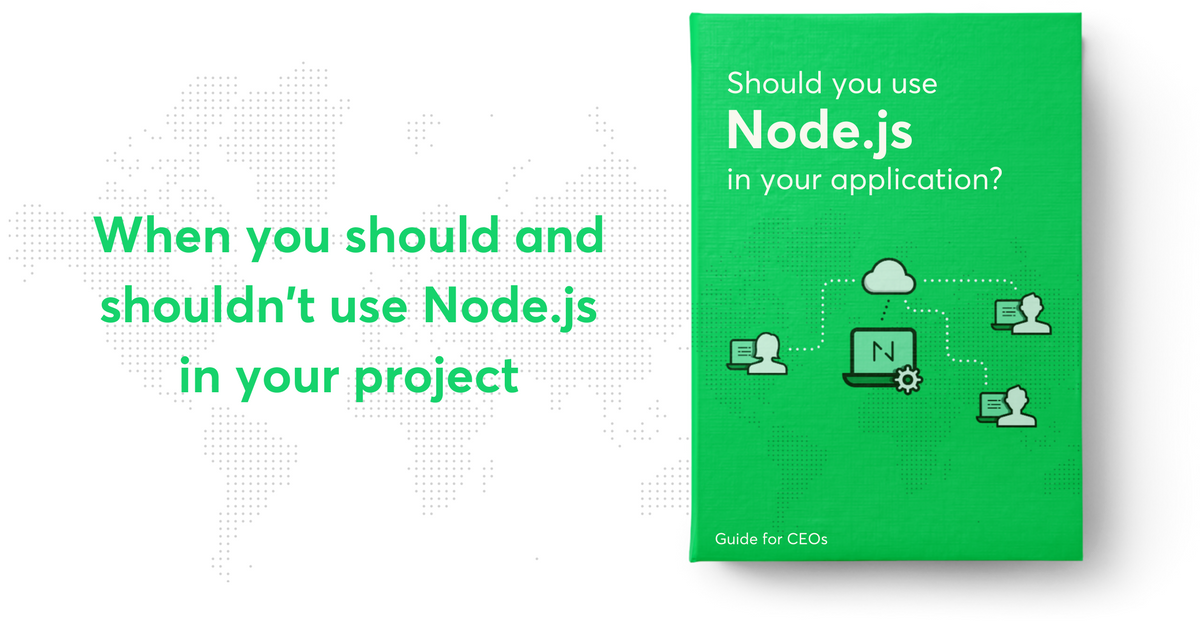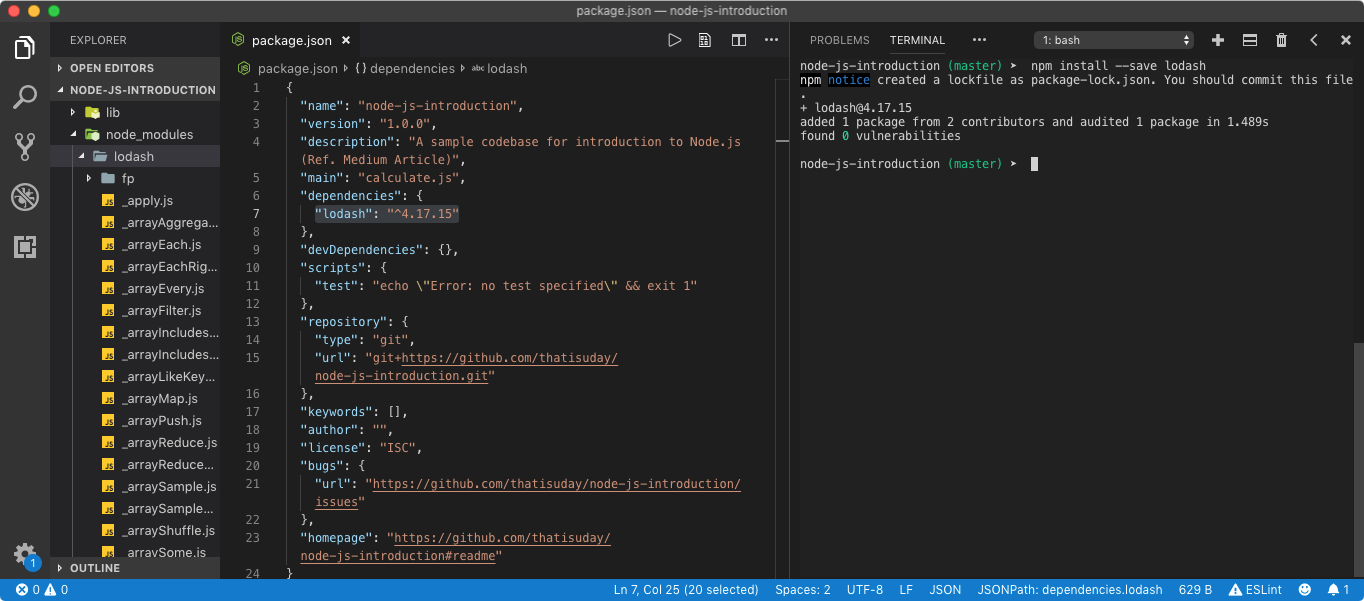

- #Download node js nvm how to
- #Download node js nvm install
- #Download node js nvm update
- #Download node js nvm download
Delete an older version (if you don't use it in some of your projects):. Linking global packages from previous version:. Before running next commands, remember to switch to the right version of Node with nvm use command. Open new Terminal window (to make sure you have latest Node.js version active in your command line environment). If you already have existing Node.js version via nvm, you can migrate older packages from the installed Node.js versions. Migrating packages from a previous Node.js version Have a good time with the freshly installed tools. Npm package repository has a lot of packages to discover. List of all previous releases is also useful for finding details about Node.js release history. Read the Node.js Long Term Support (LTS) schedule to have more understanding of their release roadmap. Another alternative: create a small Bash shell script to enable the right environment variables for your project. You can select Node.js version by running nvm use v18.3.0 (or another version number). nvm alias default v14.20.0 changelog (if you need to use old version of Node.js for older projects). nvm alias default v18.8.0 changelog (if you use Node.js features from the Current release). nvm alias default v16.17.0 changelog (for production quality applications). If you want to change the default Node version later, you can run a command to adjust it. #Download node js nvm install
Install previous LTS release of Node.js LTS release (if you need to run older applications). Install latest Node.js Current release (for testing new feature improvements). Install latest LTS Version of Node.js (for production quality applications). To check if nvm command got installed, run:. If everything went well, you should now either open a new Terminal window/tab, or reload the shell configuration by running: " $NVM_DIR/nvm.sh " # This loads nvm bash_completion sudo apt install npmįinally, check the installed version.If then # export NVM_DIR="$([ -z "$/nvm")" export NVM_DIR= " $HOME/.nvm " # This loads nvm You can also install NPM, which is the node.js package manager. sudo apt install nodejsĪfter entering your password, the installation process will begin. #Download node js nvm download
With this, we make sure that the repositories are synchronized and the system can safely download what is stored in them.Īfter that, you can install Node.js by running the following command.
#Download node js nvm update
To do this, execute the following command: sudo apt update

Once you’re connected refresh the APT cache. ssh you are running a system with Ubuntu, just open a terminal emulator from the main menu. The easiest and fastest way to install Node.js on a server with Ubuntu 18.04 is through the official distribution repository.įirst, connect to your server using ssh.

Install Node.js and NPM From Ubuntu Official Repository Choose the one that best suits your needs. Also, note that you do not have to perform both methods.
#Download node js nvm how to
Se tutorial how to access your VPS via ssh. Important! Before you start, you must have access to your server and be able to execute commands using sudo. There are several ways to install Node.js, here we will show you the two simplest and most efficient ones. However, the recommended version for most users is 10.15.1 as it is a long-term supported version. Node.js is open source and cross-platform, which makes it ideal for different projects – from education to business.Īt the time of writing, the latest stable version of Node.js is 11.10.0. Simply put, Node.js is a server-side execution environment that allows JavaScript to run without the client. That should give you an idea of its potential. It is used by many developers to increase the functionality of a web application. Node.js is one of the most popular web technologies today. You will also learn how to remove the feature if you decide it’s not for you. This method works for local Linux machines and virtual private servers. In this article, we will show you how to install Node.js on Ubuntu 18.04. Download Complete Linux Commands Cheat Sheet







 0 kommentar(er)
0 kommentar(er)
